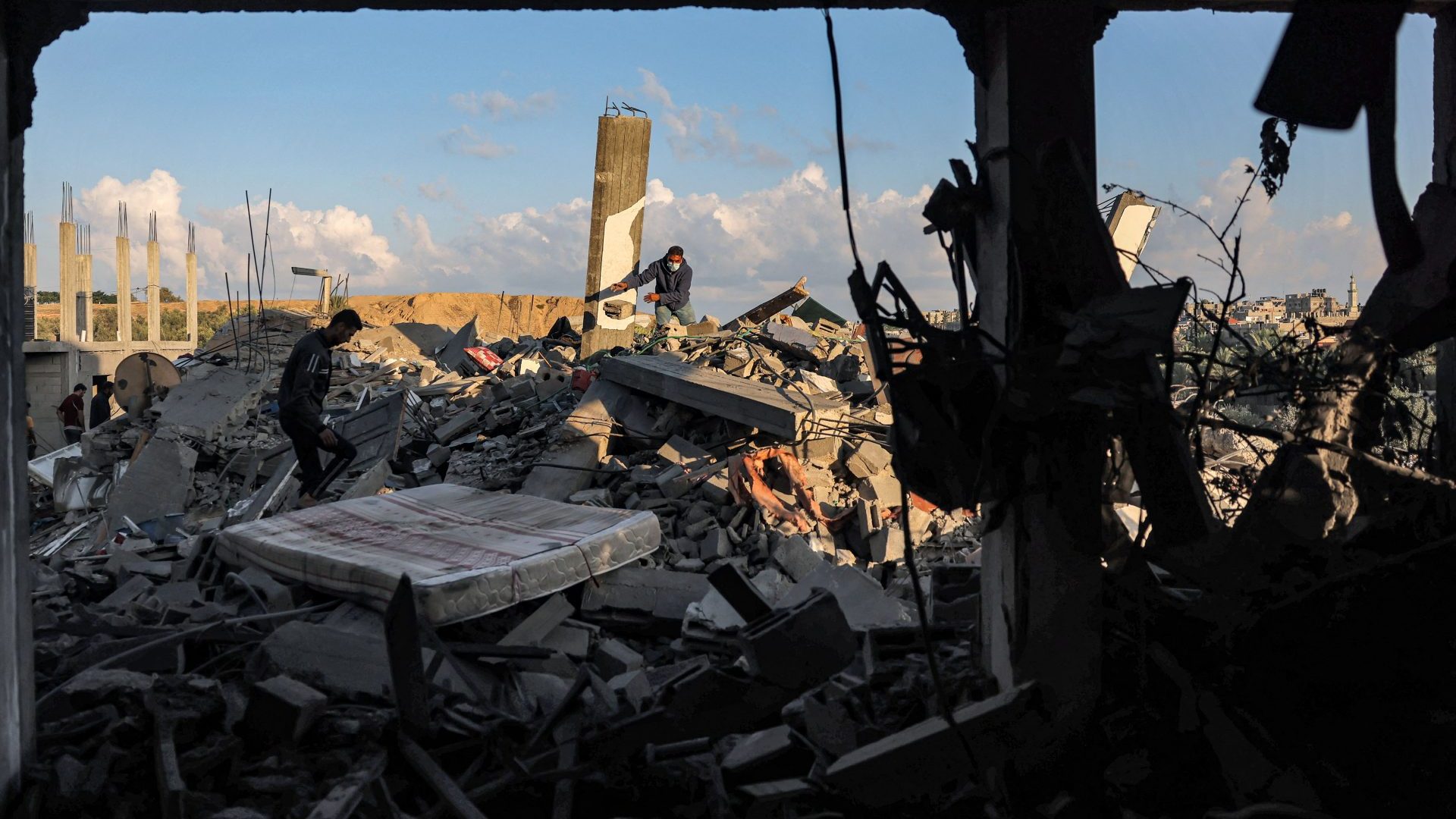There is a somewhat bleak in-joke for those who work in the media – within three days, any story about any issue anywhere in the world will become a story about the BBC.
Neither the horrors of Hamas’s attack on civilians across Israel nor the mounting horror of Israel’s response to date should be overshadowed by the relatively provincial concerns of the UK, a small island thousands of miles away.
But reporting the facts on the ground is best left to those who are themselves on the ground, and able to give us their judgment. Those of us watching from the sidelines can only comment on how that reporting is going so far.
The first thing to say is that reporting any conflict is incredibly difficult – it requires staff to put their safety at risk, people to witness firsthand or via footage genuinely traumatic images, and requires complicated trade-offs, with never enough time to think.
It is easy, for example, for us to criticise the BBC for calling Hamas “militants” but not “terrorists” – especially when the UK government has proscribed Hamas as a terrorist organisation. It is less easy for us to consider what we’re asking, when the BBC has staff, freelancers, and their families, in areas controlled by Hamas – or for us to wonder whether we really want the BBC to follow the government’s lead in what language it uses to cover sensitive stories.
More serious, though, is looking at what the BBC, Sky News, and other outlets did in the immediate aftermath of declaring that “Palestinian authorities” had announced that Israel had bombed a hospital and killed at least 500 people. News organisations can say that they attributed the news, but that is a flimsy shield for a story like this – this is a story that needs independent confirmation.
“Palestinian authorities” means Hamas – and UK media outlets should not be broadcasting and certainly not putting on-screen headlines that simply restate unverified announcements from terror groups.
We still don’t know the truth of the explosion at the hospital in Gaza, but there are at least good reasons to pause – daytime footage of the hospital site shows far smaller craters and less damage than would be consistent with an Israeli strike, and official Israeli channels have issued their own statements and apparent corroboration that they were not the perpetrators.
We could exaggerate the potential harm of rushed attribution and death counts – but it would be idiotic to suggest the protests across the Middle East after news of the explosion at the hospital was in any way the fault of the British media. People in those regions have their own news sources and their own preconceptions.
But the atmosphere within the UK is, to a lesser extent, still febrile. There has been a marked rise in reported antisemitic incidents, as well as those of anti-Islamic hate. There is genuine fear among Jewish communities, and genuine anger among those with connections to Gaza.
Hasty reporting in this kind of atmosphere could lead to very real harm. He-said, she-said reporting is bad enough for domestic politics, but is just plain damaging in this most sensitive of situations.
Many people do not have a parity of sympathies for the two parties in this conflict – some prominent online commentators demanded huge quantities of evidence to back up claims that Hamas had mutilated babies, only to immediately condemn Israel for targeting a hospital long before the facts were clear. Others, of course, display biases just as obvious the other way.
Stuck in the middle are the BBC – whose 24-hour service has been cut almost to the bone – and the other public service broadcasters. Their every step will be seized in poor faith, and so they have to step more carefully than ever.
I genuinely believe they are working flat out and doing their best to be fair and to get it right (for which some will doubtless call me naïve). I think part of doing that is acknowledging mistakes were made on Tuesday night, sharing that with the public, and working out how to avoid making them again – as this story is not, alas, going away soon.











